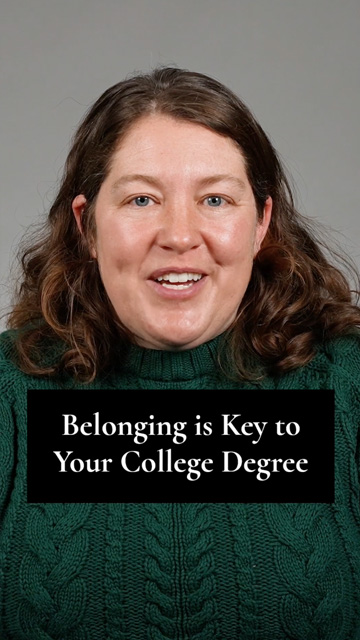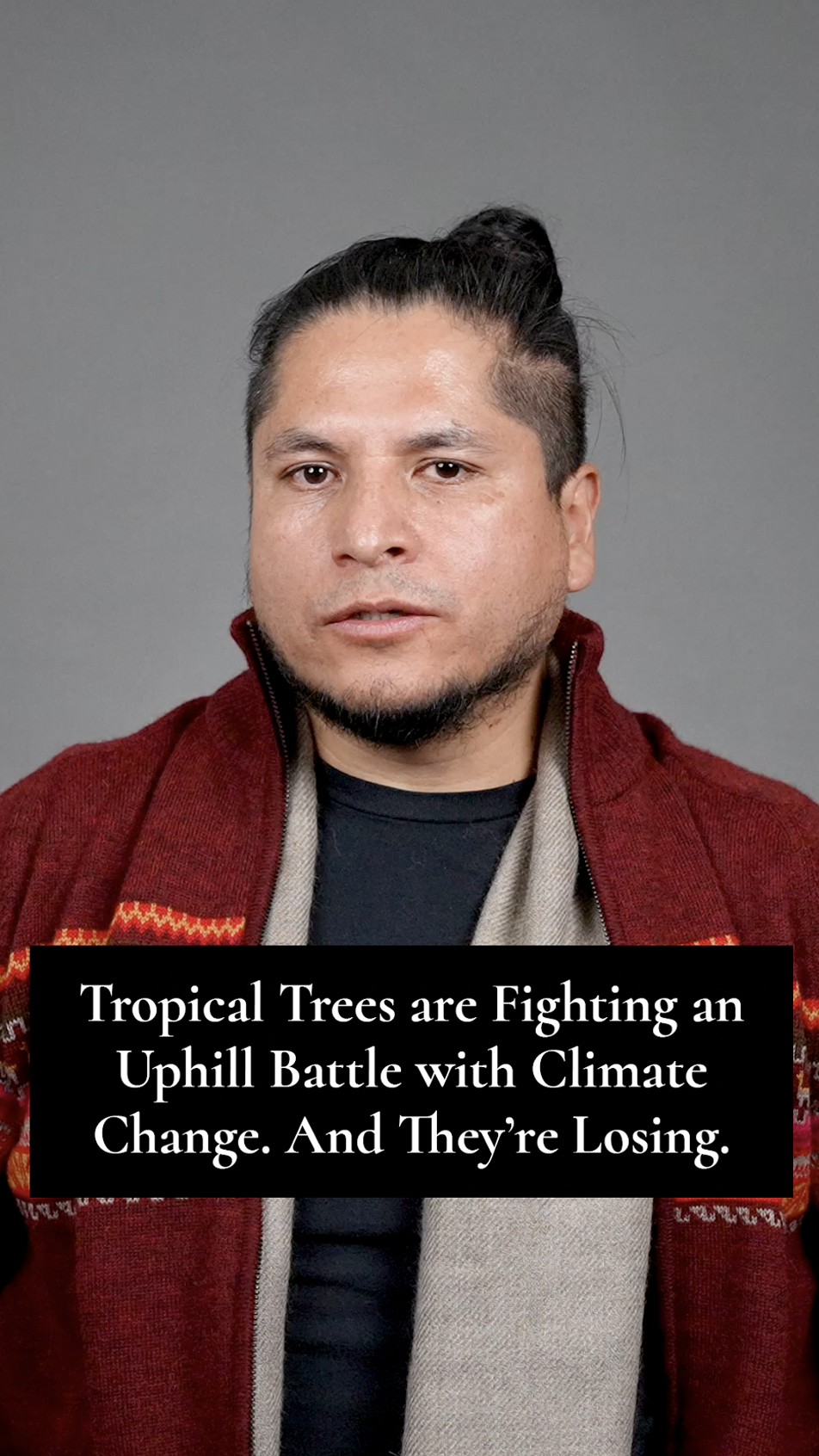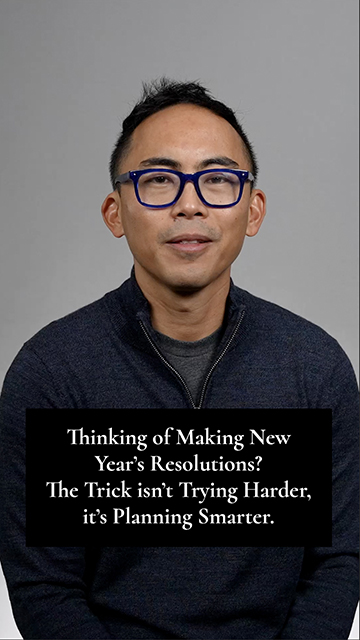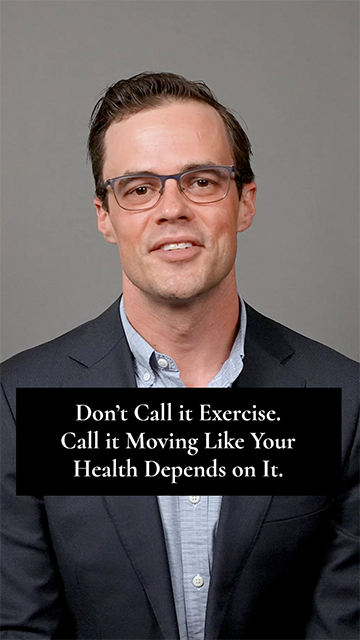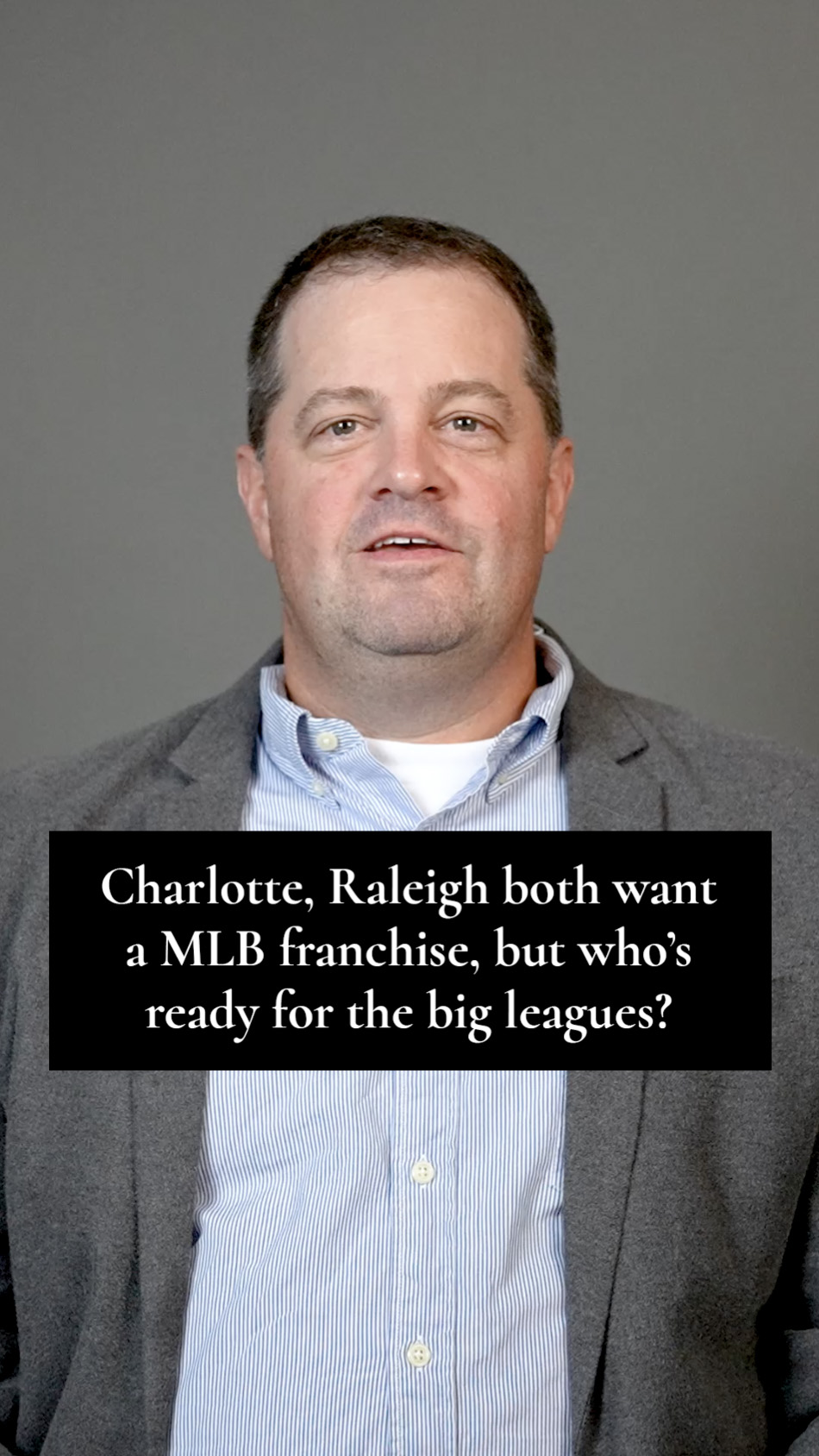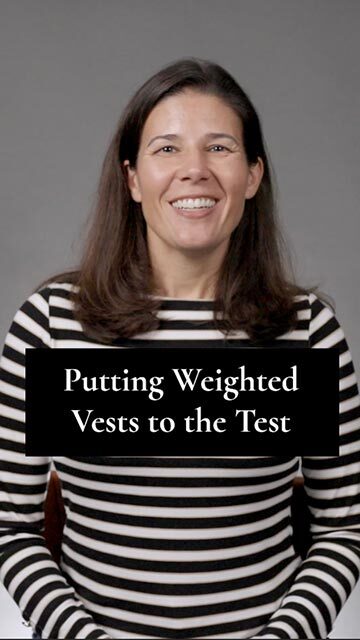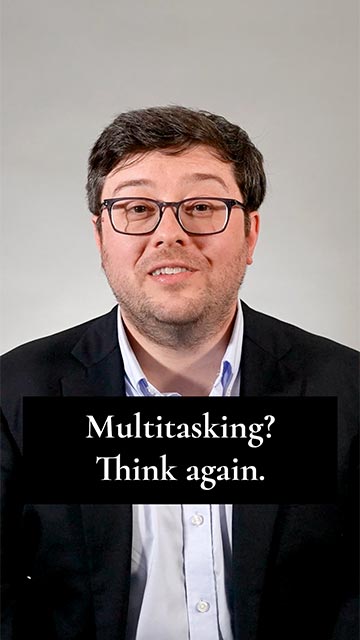Faculty Experts
On Topic
Wake Forest University professors share their expertise on timely and relevant topics. Watch the short videos and then read the Q&As for a deeper dive.
Journalists looking for a Wake Forest expert to comment for a news story: contact media@wfu.edu.
Belonging is key to a college degree
Psychology professor Shannon Brady’s research has identified multiple implications for college belonging, including how a student’s sense of belonging ultimately can predict graduation.
Watch Video for “Belonging is key to a college degree” | Read Q&A for “Belonging is key to a college degree”
Tropical trees are fighting an uphill battle with climate change. And they’re losing.
William Farfan-Rios is trying to identify the trees that can survive a warming climate—and, ultimately, save one of the world’s largest carbon sinks from collapse in the Amazon-Andes forests.
Watch Video for “Tropical trees are fighting an uphill battle with climate change. And they’re losing.” | Read Q&A for “Tropical trees are fighting an uphill battle with climate change. And they’re losing.”
Multi-agent AI could change everything – if researchers can figure out the risks
Sarra Alqahtani, an associate professor of computer science at Wake Forest University, studies multi-agent AI safety and agentic AI risks through the new field of multi-agent reinforcement learning (MARL).
Watch Video for “Multi-agent AI could change everything – if researchers can figure out the risks” | Read Q&A for “Multi-agent AI could change everything – if researchers can figure out the risks”
Thinking of making New Year’s resolutions? The trick isn’t trying harder, it’s planning smarter.
Psychology professor E.J. Masicampo studies goals and self-regulation. His research shows making a specific plan can actually free up mental energy to accomplish goals.
Watch Video for “Thinking of making New Year’s resolutions? The trick isn’t trying harder, it’s planning smarter.” | Read Q&A for “Thinking of making New Year’s resolutions? The trick isn’t trying harder, it’s planning smarter.”
Don’t call it exercise
Jason Fanning has spent a lot of time talking to older adults about leading healthy, active lifestyles. And he knows that the minute he utters the word “exercise,” he loses many of them.
Watch Video for “Don’t call it exercise ” | Read Q&A for “Don’t call it exercise ”
Charlotte, Raleigh both want a Major League Baseball franchise, but who’s ready for the big leagues?
Wake Forest economist Todd McFall breaks down which city might have the edge and why North Carolina could be closer than ever to joining the big leagues.
Watch Video for “Charlotte, Raleigh both want a Major League Baseball franchise, but who’s ready for the big leagues?” | Read Q&A for “Charlotte, Raleigh both want a Major League Baseball franchise, but who’s ready for the big leagues?”
We’re putting weighted vests to the test
Health and exercise science researcher Kristen Beavers conducted one of the largest NIH-funded weighted vest studies, aiming to find safe methods for weight loss in older adults.
Watch Video for “We’re putting weighted vests to the test” | Read Q&A for “We’re putting weighted vests to the test”
Heat waves are here. Can tomatoes keep up?
Biology Professor Gloria Muday studies how heat affects fruit growth and how certain tomato varieties can withstand the stress.
Watch Video for “Heat waves are here. Can tomatoes keep up?” | Read Q&A for “Heat waves are here. Can tomatoes keep up?”
Who’s remembering to buy the eggs?
Professor of Management Julie Wayne studies the “invisible family load” and who carries it. Her research confirms what many parents already know: women carry more of this load than men. She has also found that the work causes fatigue and stress.
Watch Video for “Who’s remembering to buy the eggs?” | Read Q&A for “Who’s remembering to buy the eggs?”
What’s fueling wildfires in the Southeast?
Civil and environmental engineering professor Lauren Lowman explains the essential role fire plays in the region and how extreme weather affects wildfires.
Watch Video for “What’s fueling wildfires in the Southeast?” | Read Q&A for “What’s fueling wildfires in the Southeast?”
Multitasking? Maybe not.
Think you’re multitasking when you scroll and study? You’re actually switching focus, and it comes at a cost. Wake Forest psychology professor Anthony Sali explains what happens when your brain switches tasks.
Watch Video for “Multitasking? Maybe not.” | Read Q&A for “Multitasking? Maybe not.”
Teens aren’t the problem. Stereotypes are.
Psychology Professor Christy Buchanan explains how bias can shape what adults notice in teens and why parents still matter more than the stereotypes suggest.
Watch Video for “Teens aren’t the problem. Stereotypes are.” | Read Q&A for “Teens aren’t the problem. Stereotypes are.”
The Conversation
Wake Forest professors regularly contribute articles to The Conversation, an independent, non-profit media outlet that brings academic work to broad audiences. They have garnered millions of views and been featured in The Washington Post, Fast Company, Scientific American and other prominent news outlets.
More Wake Forest Experts
-

Belonging is key to a college degree
In the social media era, you can look at a university’s Instagram feed and get the impression that every day rates a 10/10 and everyone…
-

GDP forecasts, penny shortages, and Super Bowl prediction market betting
As 2026 begins, Wake Forest economics professors are available to decode the partisan bias in GDP data, discuss the rounding reality of a pennyless economy,…
-

Tropical trees are fighting an uphill battle with climate change. And they’re losing.
When William Farfan-Rios hikes through the remote forests of the Peruvian Amazon and Andes, he’s doing much more than feeding his appreciation for the natural…

Wake Forest Experts
in the News
Major national and regional news organizations regularly interview Wake Forest faculty, staff, and students for their expertise and perspectives on current events, and to feature programs and activities on campus.
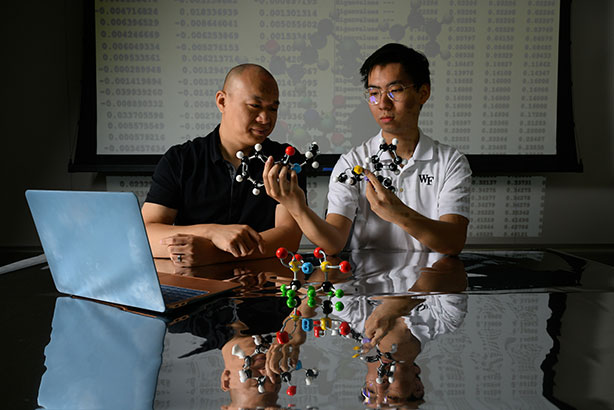
Academic Excellence
Wake Forest students and faculty play a vital role in addressing global challenges, from advancing medical breakthroughs to shaping ethical leadership and sustainable innovation.

